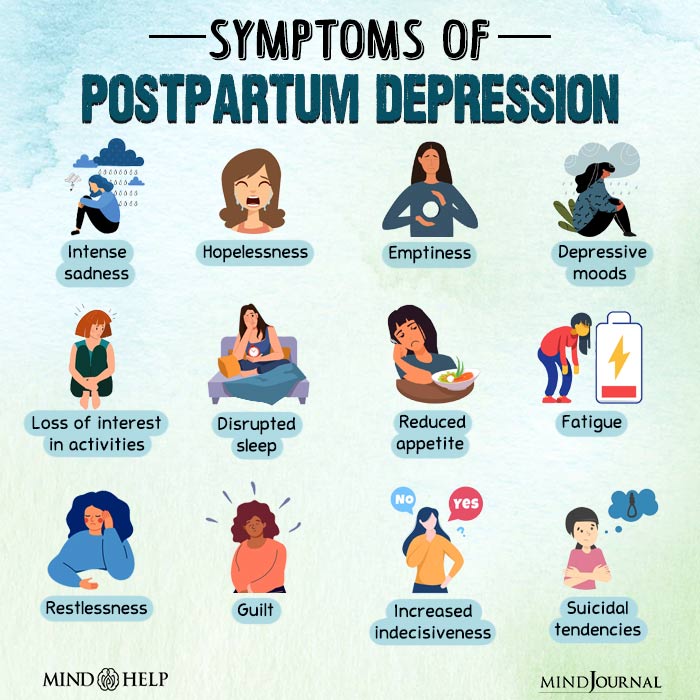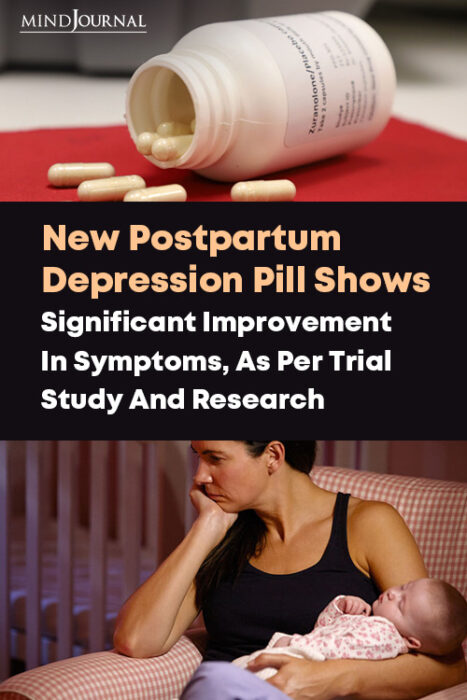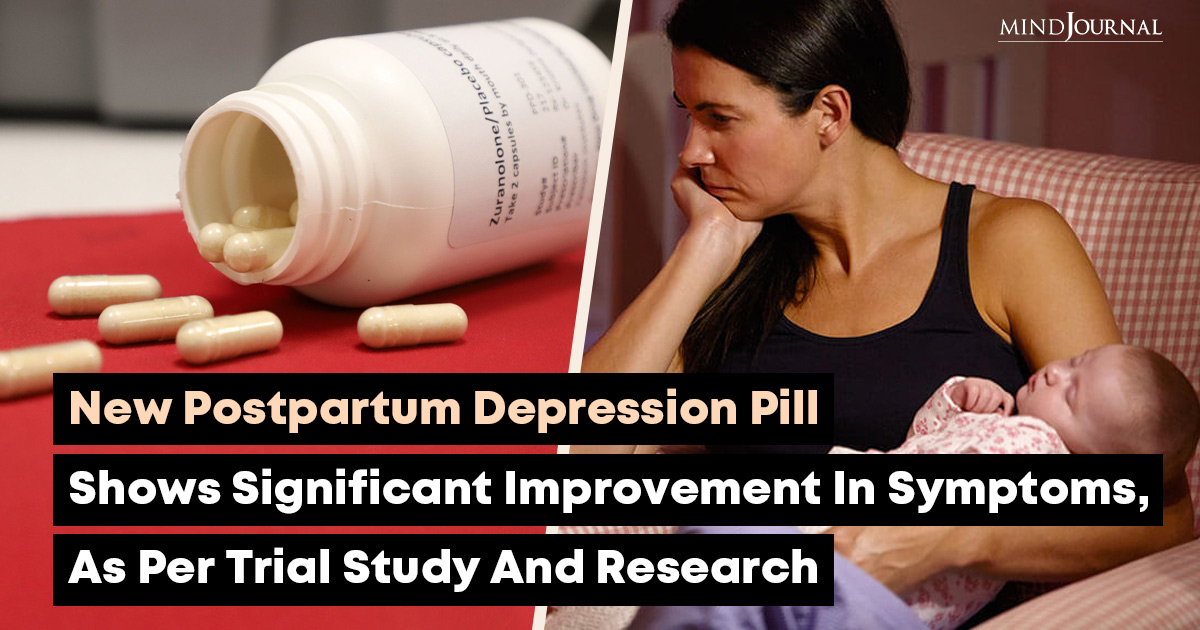As reported by Good Morning America, a recent study published in The American Journal of Psychiatry has shown that a new postpartum depression pill, zuranolone, has led to significant improvements in depression symptoms for mothers with postpartum depression.
While the pill has not yet been approved by the Food and Drug Administration (FDA), it is expected that the decision will be made by August 5th. The study involved 196 mothers split into two groups, with half given zuranolone and half given placebo pills for two weeks.
Related: Coping With Postpartum Psychosis: What New Mothers Need To Know
New Postpartum Depression Pill Shows Significant Improvement In Symptoms
While all the mothers experienced an improvement in their depression symptoms, those taking the actual medication experienced significantly better improvements than those taking the placebo pills. These improvements were still reported four and six weeks later, and a small number of patients experienced sleepiness and dizziness.
If approved, zuranolone would be the first pill specifically approved to treat postpartum depression. While an existing treatment called Zulresso was approved by the FDA in 2019, it requires intravenous injection.

The study authors noted that the biggest unknown about zuranolone is its long-term effects, and it is not yet clear what impact the drug would have on breastfeeding, if any.
One of the biggest barriers to treating postpartum depression is not medication, but stigma, according to experts. Screening for postpartum depression and patient acceptance of the diagnosis can be a major issue.
However, existing antidepressant treatments may be helpful for some women, even if those antidepressants are not specifically approved for postpartum depression. In addition, anyone experiencing feelings of depression should seek medical care because treatment and help are available.
The study’s lead author, Dr. Kristina M. Deligiannidis, professor at the Institute of Behavioral Science at the Feinstein Institutes, explained that the improvement in depression symptoms seen in the study wasn’t just related to resolving sadness, crying spells, or improving sleep, but rather the medication was associated with improvement in all of the core symptoms of depression during the course of the study.
Dr. Jacques Moritz, medical director at Tia Women’s Health, noted that stigma is a major issue in postpartum depression and that screening for the condition and patient acceptance of the diagnosis is key.
Dr. Kimberly A. Yonkers, Departmental Chair and Katz Family Chair at the Department of Psychiatry at UMass Chan Medical School/U Mass Memorial Medical Center explained that individuals with the first episode of depression may benefit from a standard antidepressant or antidepressants and therapy, while individuals that are on an antidepressant and are not fully responding may benefit from a new option such as zuranolone.
Related: Understanding Postpartum Mental Illnesses
While zuranolone would represent an important addition to currently available treatment options if approved, Dr. Jessica Shepherd, Chief Medical Officer at Verywell Health, emphasized the importance of ensuring that a support system is in place.
The bottom line is that anyone experiencing feelings of depression should seek medical care because treatment and help are available.
Andrea Sutherland, who developed postpartum depression during her third pregnancy, shared her experience with the condition and the relief she felt when she took the pill. She encouraged other women who may be going through the same thing to seek help and build a support team around themselves.
Roughly one in seven women, according to the National Institutes of Health, develop postpartum depression.
What Is Postpartum Depression?
Postpartum depression affects mothers after childbirth. It is a serious mental health condition that can occur anytime within the first year after giving birth, although it typically occurs within the first three months.
It is not the same as “baby blues,” which is a milder, shorter-lived condition that affects up to 80% of new mothers.
Related: Overcoming Depression In Women, One Step At A Time
The symptoms of postpartum depression are as follows:
- Feelings of sadness, emptiness, or hopelessness
- Loss of interest or pleasure in activities that were once enjoyable
- Difficulty sleeping or sleeping too much
- Fatigue or loss of energy
- Changes in appetite, which may lead to weight loss or gain
- Difficulty concentrating or making decisions
- Thoughts of self-harm or suicide
- Feelings of worthlessness or guilt
- Irritability or restlessness
- Anxiety or panic attacks
- Difficulty bonding with the baby
- Fear of being a bad mother.
It is important to note that not all women experience all of these symptoms. Some women may experience only a few symptoms, while others may experience several.
In addition, postpartum depression can affect women of all ages, races, and socioeconomic backgrounds. It is a treatable condition, and women who experience symptoms should seek professional help as soon as possible.









Leave a Reply
You must be logged in to post a comment.